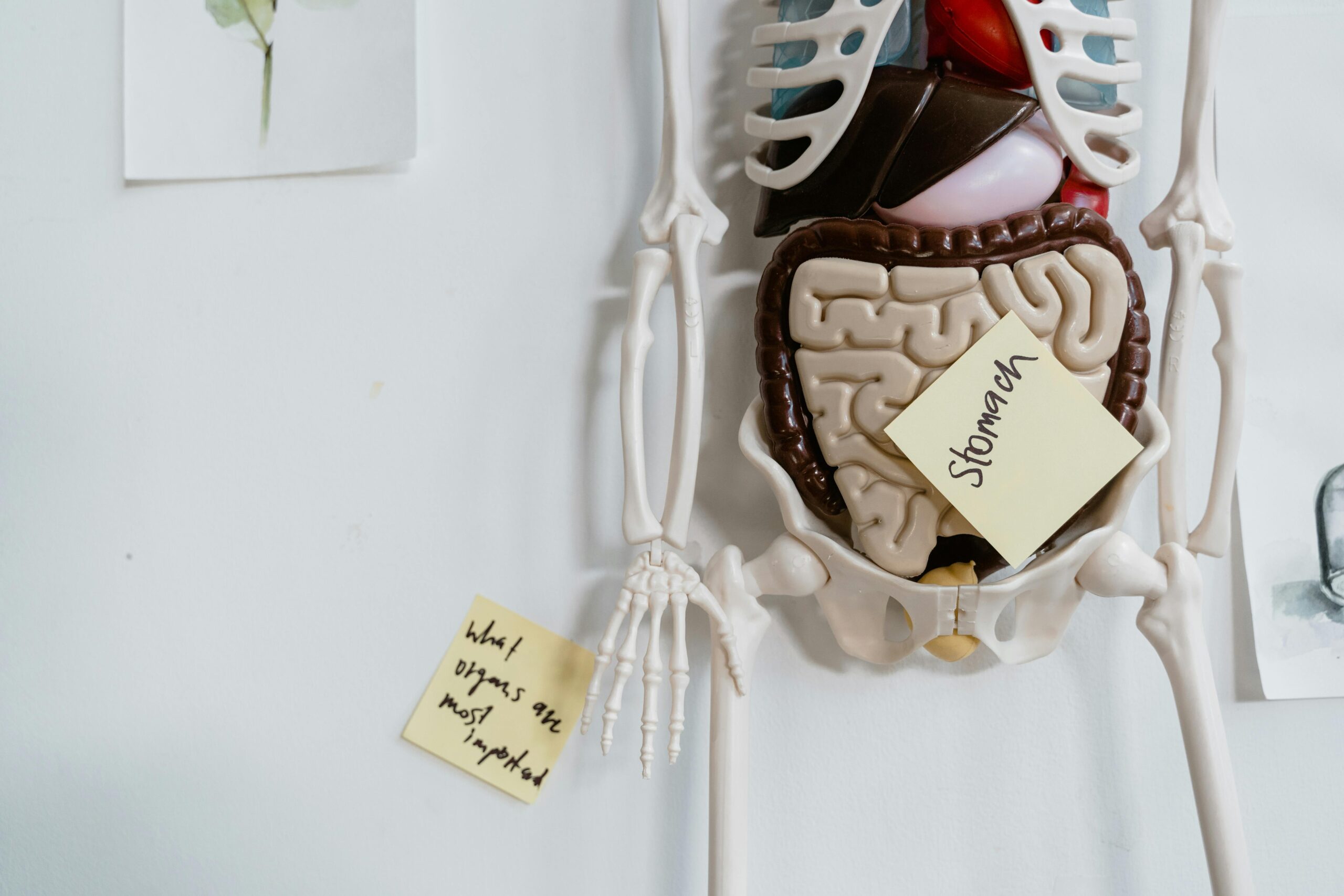Understanding Digestive Problems: Causes, Symptoms, and Solutions

Understanding Digestive Problems: Causes, Symptoms, and Solutions
The digestive system plays a critical role in overall health, breaking down food into essential nutrients and eliminating waste from the body. However, digestive issues can affect millions of people worldwide, leading to discomfort and disruption of daily life. From bloating to heartburn, many digestive problems are common but can be managed with proper care.
What Are Digestive Problems?
Digestive problems refer to a range of issues that impact the normal functioning of the digestive system, causing discomfort and disrupting bodily functions. These problems can arise due to various factors such as poor diet, stress, underlying health conditions, or lifestyle choices.
Common Types of Digestive Problems
Here are some common digestive problems that affect individuals worldwide:
- Indigestion (Dyspepsia): A feeling of fullness or discomfort in the upper abdomen, often accompanied by bloating, nausea, or heartburn. Indigestion can be triggered by eating too quickly, overeating, or consuming fatty foods.
- Bloating: A sensation of fullness and tightness in the abdomen, often due to excess gas in the digestive system. Bloating can result from eating certain foods or digestive disorders such as irritable bowel syndrome (IBS).
- Constipation: A condition characterized by infrequent or difficult bowel movements. It can lead to discomfort and may be caused by a lack of fiber in the diet, dehydration, or lack of physical activity.
- Diarrhea: The condition of having frequent, loose, or watery stools. It can be caused by infections, food intolerances, or stress.
- Acid Reflux / GERD (Gastroesophageal Reflux Disease): A condition where stomach acid or bile irritates the food pipe lining. This leads to heartburn and regurgitation of acid into the throat.
- Food Intolerances: Some people have difficulty digesting certain foods like dairy (lactose intolerance) or gluten (celiac disease), leading to discomfort such as bloating, gas, or diarrhea.
Causes of Digestive Problems
The causes of digestive problems are varied and can include:
- Poor Diet: Eating too much processed food, sugary snacks, or fatty meals can overload the digestive system and lead to issues like indigestion, constipation, or acid reflux.
- Stress and Anxiety: High stress levels can affect gut motility and increase acid production, which may lead to digestive problems like acid reflux and IBS.
- Lack of Physical Activity: A sedentary lifestyle can reduce bowel movement frequency, leading to constipation and discomfort.
- Underlying Health Conditions: Conditions like IBS, Crohn's disease, or celiac disease can lead to chronic digestive problems that require specific medical treatment.
- Medications: Certain medications, including painkillers (NSAIDs) and antibiotics, can disrupt gut health, causing problems such as diarrhea, constipation, or indigestion.
Symptoms of Digestive Issues
The symptoms of digestive problems vary depending on the condition but may include:
- Abdominal pain or cramps
- Excessive gas or bloating
- Frequent diarrhea or constipation
- Heartburn or acid regurgitation
- Nausea or vomiting
- Unexplained weight loss
How to Prevent and Treat Digestive Problems
While digestive issues are common, there are several ways to manage and prevent them through lifestyle and dietary changes. Here are some tips:
1. Eat a Balanced Diet
Incorporate fiber-rich foods, such as fruits, vegetables, and whole grains, into your meals. Fiber helps regulate bowel movements and prevents constipation. Probiotic-rich foods like yogurt, kefir, and fermented foods can also help maintain a healthy gut microbiome.
Healthline provides more information on probiotic foods that can improve gut health.
2. Stay Hydrated
Drinking enough water is essential for proper digestion and to prevent constipation. Aim for at least 8 glasses of water per day to keep your digestive system functioning optimally.
3. Manage Stress
Chronic stress can exacerbate digestive issues. Incorporate stress-reducing practices into your routine, such as yoga, meditation, or breathing exercises, to keep your gut health in check.
For more information on the relationship between stress and digestion, visit Psychology Today.
4. Regular Physical Activity
Exercise helps improve gut motility and can relieve constipation. Aim for at least 30 minutes of moderate exercise most days of the week.
5. Avoid Trigger Foods
Identify foods that trigger digestive discomfort, such as spicy foods, caffeine, dairy, or gluten. Keeping a food diary can help pinpoint specific triggers.
6. Probiotic Supplements
If you're experiencing chronic digestive issues, consider taking probiotic supplements to restore the balance of good bacteria in the gut. Probiotics are often recommended for managing symptoms of irritable bowel syndrome (IBS), diarrhea, and constipation.
For more details, check out the study on probiotics published by NCBI.
When to See a Doctor
If your digestive symptoms persist or worsen, it’s important to seek medical advice. A healthcare provider can help diagnose any underlying conditions, such as IBS, Crohn's disease, or celiac disease, and provide appropriate treatment.
If you experience severe symptoms like unexplained weight loss, vomiting blood, or persistent pain, seek medical attention immediately.
Conclusion
Digestive problems are common but manageable. By adopting a balanced diet, staying hydrated, managing stress, and staying active, you can prevent and treat many digestive issues naturally. If you experience chronic symptoms, it’s crucial to consult with a healthcare provider to determine the underlying cause and get proper treatment.
Remember, a healthy gut contributes to overall well-being, so taking care of your digestive health is an investment in your long-term health.
Organic barley grass is often considered a nutritional powerhouse, encompassing a wide array of essential components beneficial for overall health and well-being. Rich in vitamins.
Get yours at JC Organic Barley








